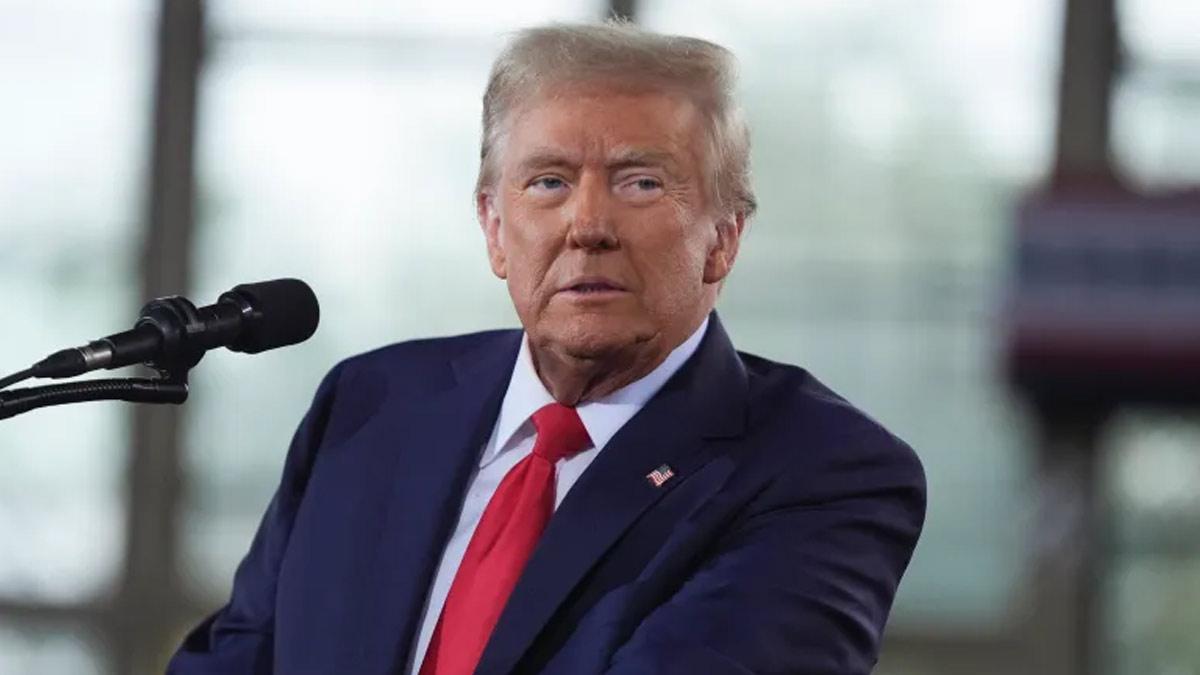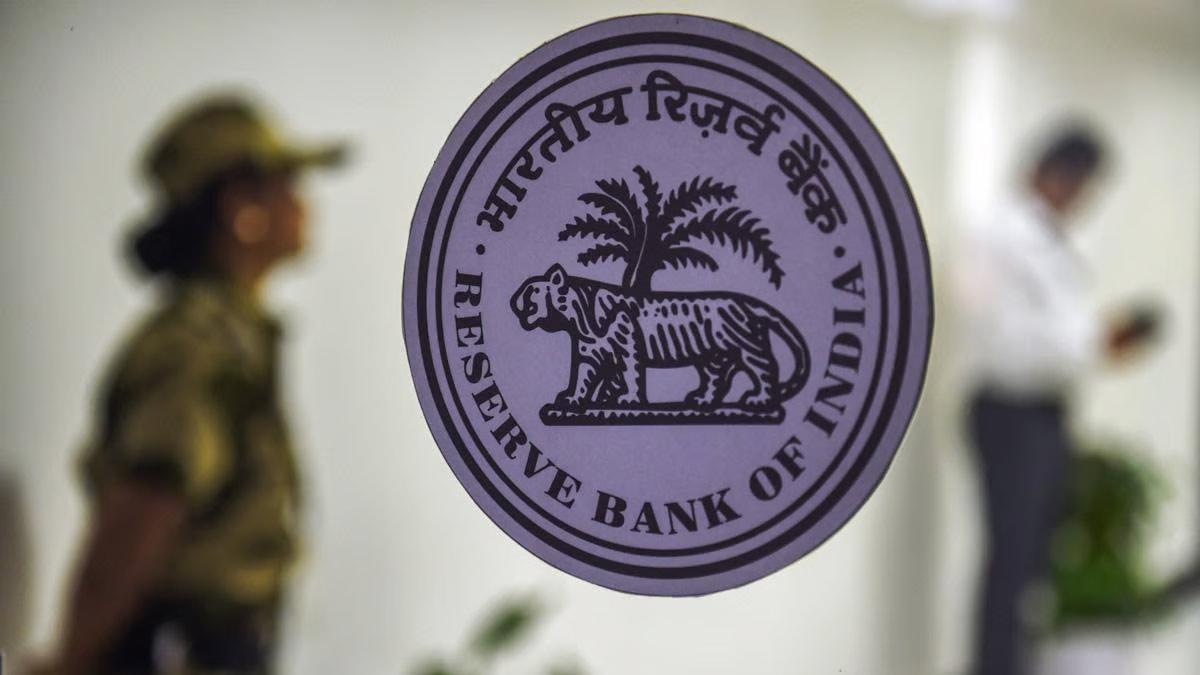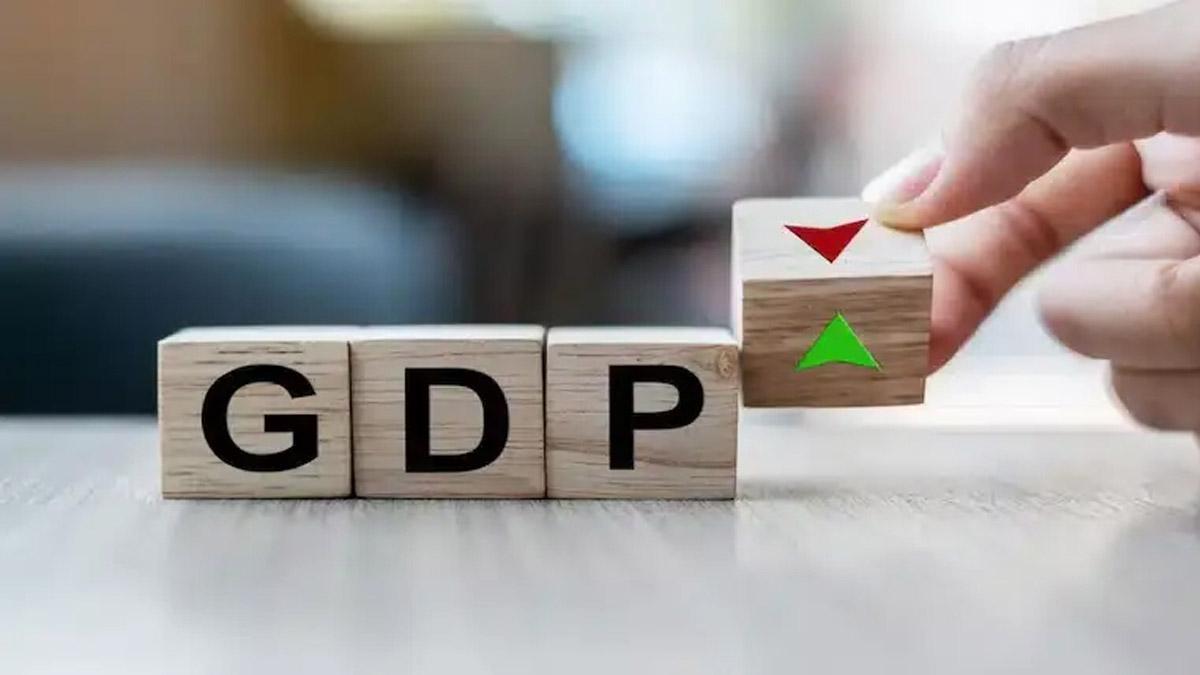U.S. President Donald Trump has said he will impose tariffs on Canada and Mexico beginning Tuesday, and double the current 10% universal tariff on Chinese imports.
Trump explained the move in a statement published on Truth Social on Thursday, citing fears of smuggling illicit drugs, especially fentanyl, into the United States. He claimed that the new import duties would put pressure on other nations to be more stringent in combating trafficking.
"We cannot continue to allow this plague to destroy the USA. So, until it gets better—either that or get's REMOVED—the planned TARIFFS to be implemented on MARCH FOURTH will go ahead as originally scheduled," Trump said. "China also will be hit with another 10% tariff on the same date."
The news has already caused shockwaves in the world economy, with concerns that increased tariffs could fuel inflation and upset major industries, especially the automotive industry, which depends on trade with Mexico and Canada.
Increased prices and weaker economic growth may be political dangers for Trump, who included lowering inflation as a key plank of his re-election agenda. Under President Joe Biden's administration, inflation had spiked, and Trump promised to lower it within no time.
But Trump also ran on putting into place sweeping tariffs, and he plans to make good on a more comprehensive tariff overhaul on April 2. The move, titled the "April Second Reciprocal Tariff", will seek to counter the import duties other countries charge on American products.
"The April Second Reciprocal Tariff date will remain in full force and effect," Trump reaffirmed in his Thursday post.
Also, Trump indicated on Wednesday that European countries will be hit with a 25% tariff, and levies will be imposed on automobiles, computer chips, and pharmaceutical items—above the retaliatory tariffs.
As another escalation, Trump has also indicated removal of exemptions from his 2018 steel and aluminum tariffs, in addition to proposed taxes on copper imports.
The threat of a global trade war—assuming other countries strike back with their own tariffs—is already spooking U.S. consumers, possibly dashing Trump's economic promises.
The Conference Board, which monitors consumer sentiment, saw a sharp plunge in confidence, with its consumer confidence index falling seven points to 98.3—the biggest monthly decline since August 2021, when inflation first jumped during the post-pandemic rebound.
"Mentions of tariffs and trade have surged to levels not seen since 2019," said Stephanie Guichard, a senior economist at the Conference Board. "Most significantly, respondents overwhelmingly cited the current administration and its policies."
Financial markets, too, have responded adversely. The S&P 500 has fallen in the last month, unwinding some of the gains following Trump's November election win, when investors had hoped for pro-business policies like tax cuts and deregulation.
Read also| The Boom of Personal Loans in India: What’s Driving the Surge?
Read also| India’s Tablet Market Sees Strong 42% Growth in 2024


















